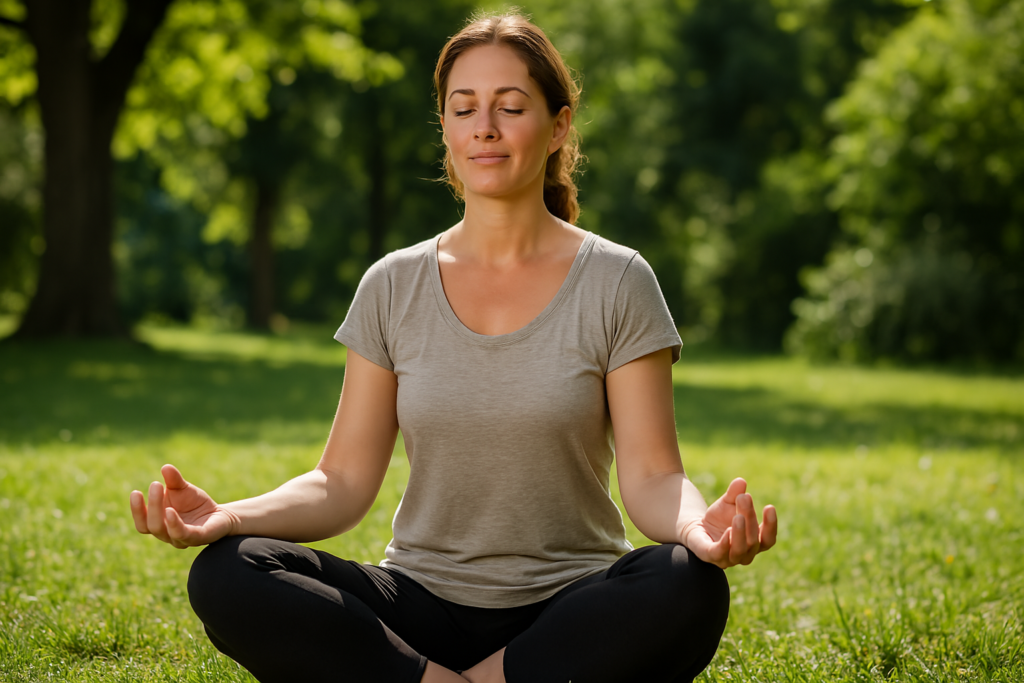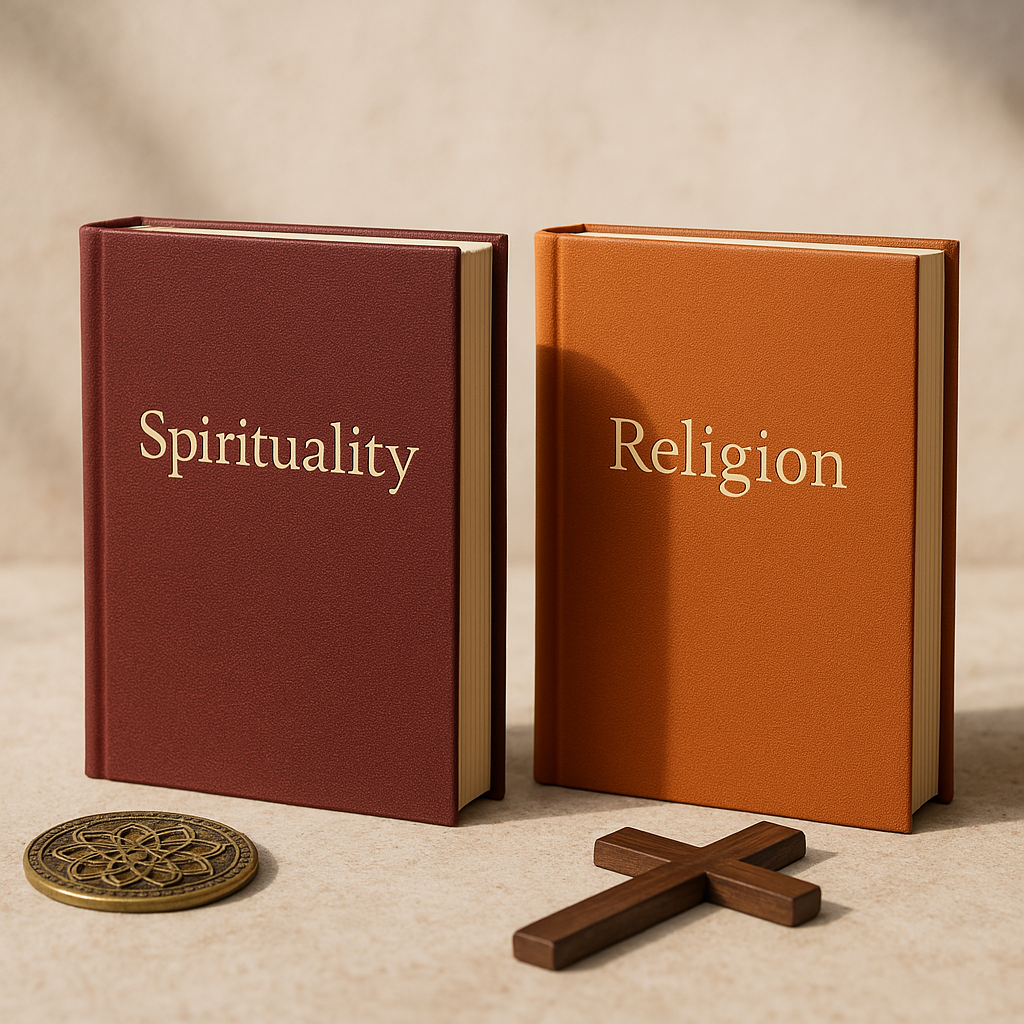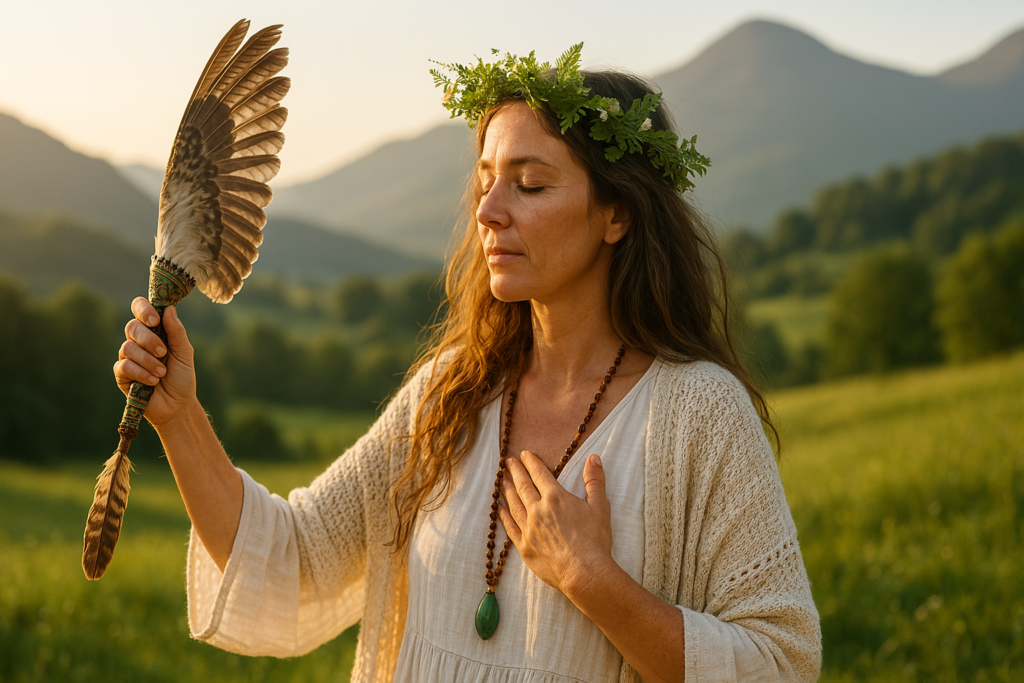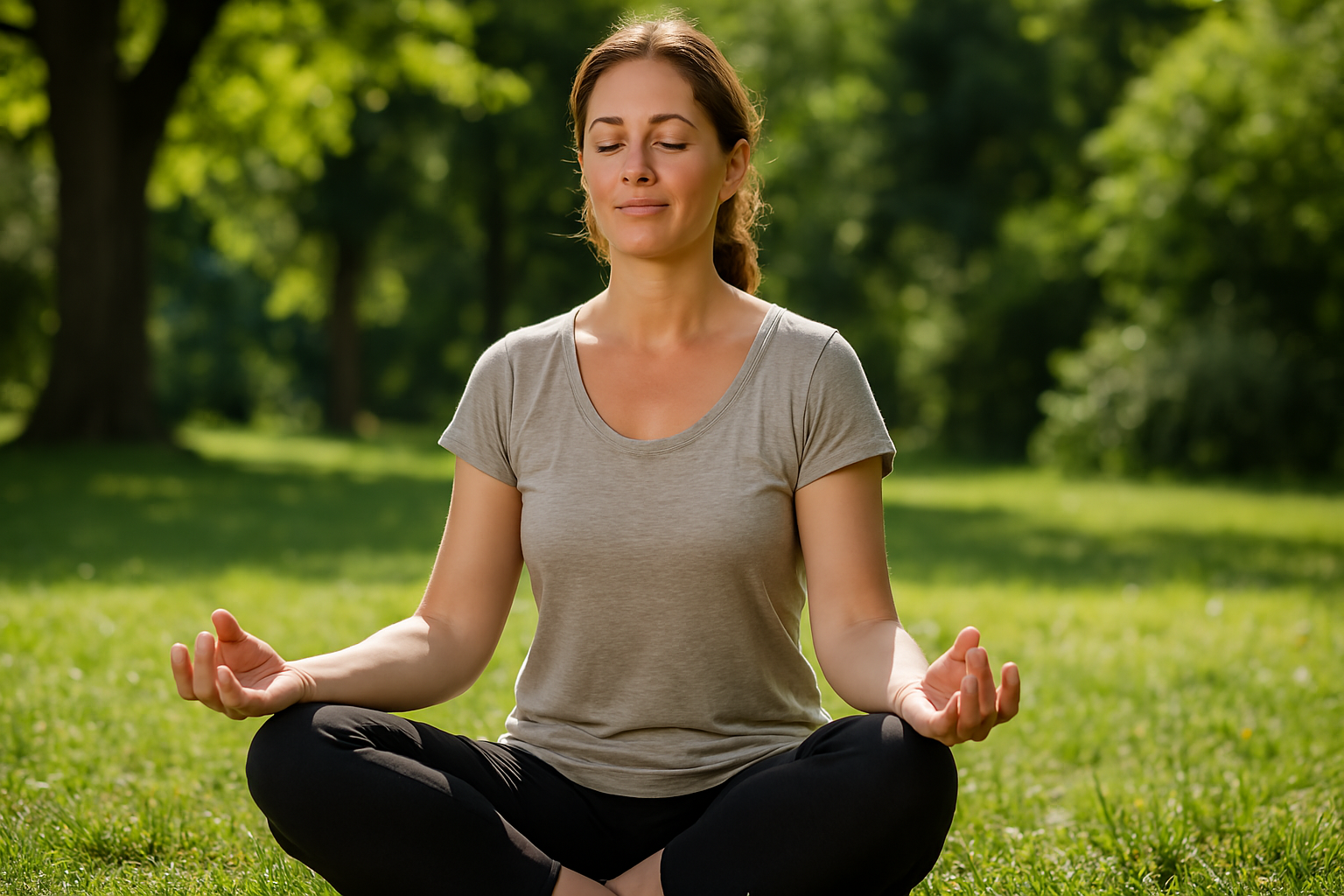Now Reading: 4 Key Questions to Help You Explore Your Spirituality
-
01
4 Key Questions to Help You Explore Your Spirituality
4 Key Questions to Help You Explore Your Spirituality

Spirituality can feel like a big, abstract concept. For some, it’s tied to religion. For others, it has more to do with feeling connected—to themselves, to nature, or to a sense of something bigger. If you’ve ever found yourself wondering about your spiritual side, you’re not alone.
Whether you’re just starting to ask bigger life questions or you’re looking to reconnect with your inner self, spiritual exploration is a deeply personal journey. And the good news? You don’t have to have all the answers. Sometimes, all it takes is the right questions to get you started.
In this post, we’ll break down four key questions that can guide your journey. These questions aren’t about finding immediate answers—they’re meant to open space for reflection, growth, and deeper self-awareness. Let’s dig in.
Why Explore Spirituality Anyway?
Before we get into the questions, it helps to understand what spirituality actually is. While it varies for everyone, at its core, spirituality often revolves around a search for meaning, purpose, or connection—whether to yourself, the world, or something transcendent.
Studies have shown that people with active spiritual lives tend to report greater emotional well-being, resilience, and even physical health [1]. So even if you’re not religious, exploring your spirituality can still enrich your life in powerful ways.
1. What Brings Me a Sense of Peace or Awe?
Think about a time when you felt calm, grounded, or even overwhelmed by beauty. Maybe it was while hiking through the mountains. Or during a quiet moment watching the sunrise. These experiences often hint at what feeds your spirit.
Ask yourself:
- When do I feel most connected to something bigger than myself?
- What settings consistently bring me inner peace?
- Are there activities that make me lose track of time—in a good way?
These moments are often spiritual, even if we don’t label them that way. They can be clues to the practices or environments that speak most deeply to your soul.
An Example:
Sarah, a high school teacher, realized her most meaningful moments came not in church or prayer, but during early morning runs. “When the sun breaks through the trees and the air’s still cool—it feels like I’m touching something sacred,” she says.
That, too, is spirituality.
2. What Values Matter Most to Me?
Your values play a big part in shaping your spiritual life. If you care deeply about compassion, justice, love, or honesty—those values reflect your inner compass. Recognizing them can offer clarity on what drives your decisions and how you connect with others.
Try reflecting on these questions:
- What qualities do I admire most in others?
- When have I felt most aligned with my beliefs?
- What breaks my heart—or makes me want to take action?
Knowing your core values isn’t just a moral exercise. It helps build a spiritual foundation based on what feels right and true to you.
Common Core Values Related to Spirituality
| Value | Description | Spiritual Impact |
|---|---|---|
| Compassion | Care for others in suffering | Helps connect you to shared human experience |
| Gratitude | Appreciation for life’s blessings | Enhances daily mindfulness and peace |
| Integrity | Living in alignment with your beliefs | Deepens self-trust and inner clarity |
3. What Spiritual Traditions or Practices Resonate With Me?
Maybe you grew up in a certain faith, or maybe religion was never part of your upbringing. Either way, exploring spiritual practices can help you feel more grounded and connected. And you don’t have to commit to just one path.
Ask yourself:
- Are there religious or philosophical ideas I’m drawn to?
- Do I feel connected through prayer, meditation, rituals, or silence?
- What spiritual or philosophical texts have challenged or inspired me?
You might find resonance in Christian contemplation, Buddhist mindfulness, Indigenous traditions, or non-religious practices like journaling or forest bathing. The point isn’t to “belong” somewhere—it’s to find what feeds your spirit.
Modern Spiritual Practices (Religious and Non-religious)
| Practice | Origin | Benefits |
|---|---|---|
| Meditation | Buddhism, Hinduism, Secular | Reduces stress, boosts self-awareness |
| Prayer | Global religious traditions | Offers comfort, connection, reflection |
| Journaling | Modern psychology/spirituality | Promotes self-reflection and emotional clarity |
4. How Do I Want to Grow Spiritually?
Spirituality isn’t a destination, it’s a continuous journey. So, it helps to think about where you want to go—even if it’s just taking one small step forward today.
Consider:
- What part of my life feels spiritually dry or disconnected?
- What would a deeper connection to my soul look like right now?
- Is there a community or mentor I can learn from?
Maybe you want to feel more present in everyday life. Or you’re curious about how to integrate mindfulness into your routine. Growth starts with intention—even if the path isn’t fully clear yet.
If you’re unsure where to begin, try setting a small spiritual practice goal for the week. It could be a five-minute morning reflection, lighting a candle in the evening, or writing one sentence about what you’re grateful for. Often, the smallest habits lead to the biggest changes.
Bringing It All Together
Exploring your spirituality doesn’t require a map. It’s about noticing what makes you feel alive and asking gentle questions along the way. As you look inward, remember: there’s no wrong path, and there’s no one-size-fits-all answer. What matters most is what feels meaningful to you.
So, if you’re feeling curious, why not grab a notebook and spend a few minutes with these questions? You might be surprised at what surfaces.
Quick Recap: 4 Questions to Guide Your Spiritual Journey
- What brings me a sense of peace or awe?
- What values matter most to me?
- What traditions or practices resonate with me?
- How do I want to grow spiritually?
In the end, spirituality is less about answers and more about wonder. So go ahead—wonder, explore, and reconnect with what makes your heart beat a little louder.








